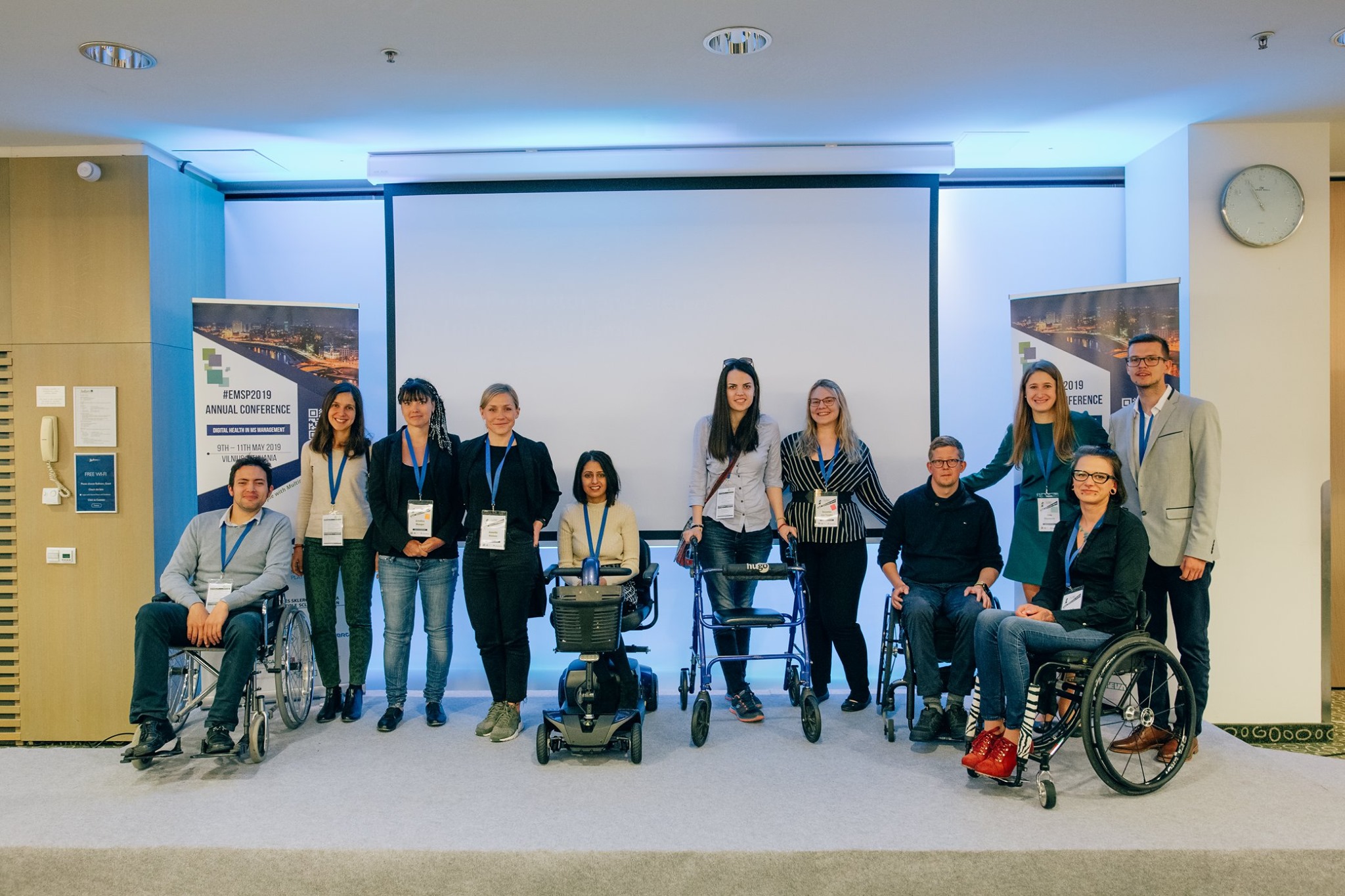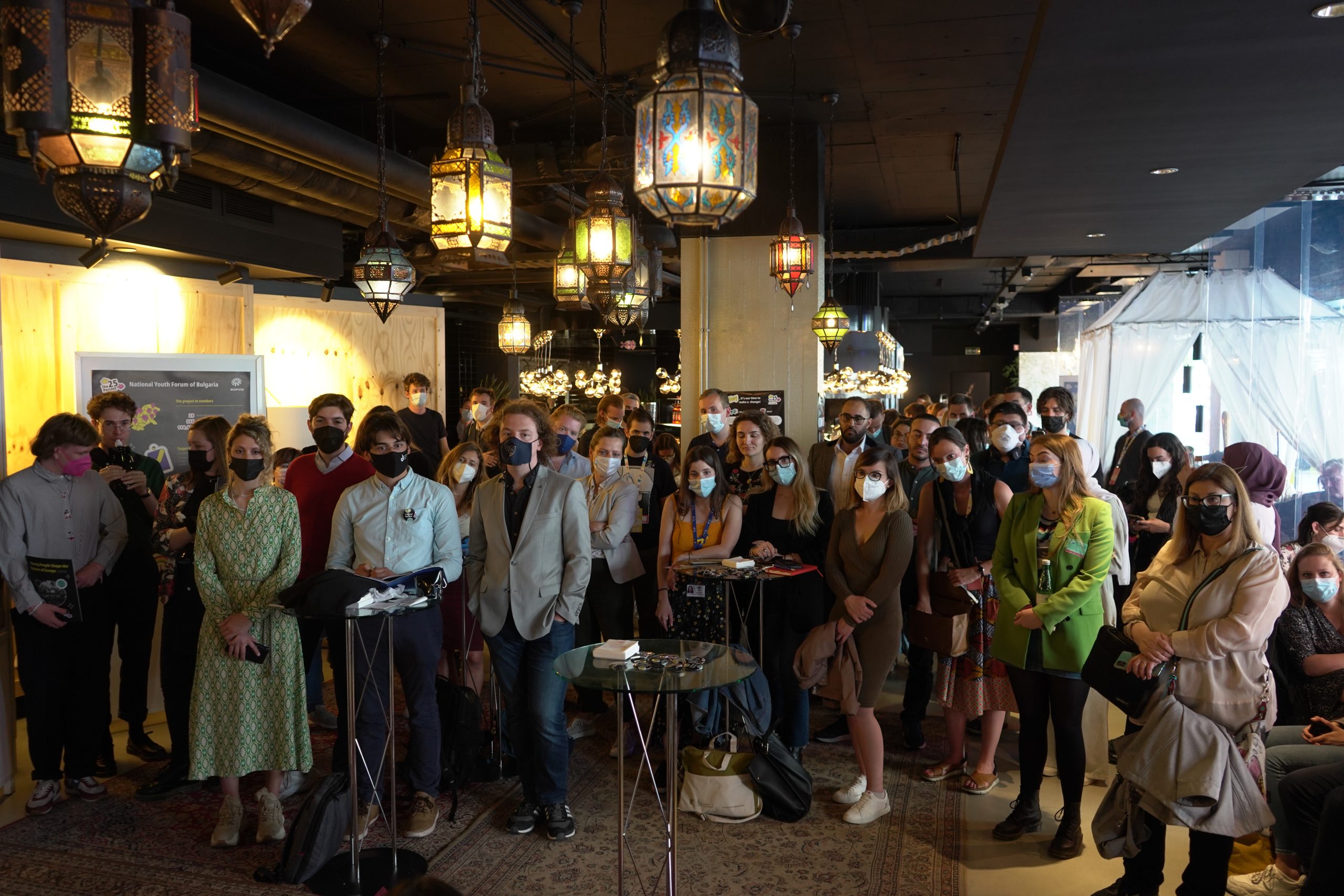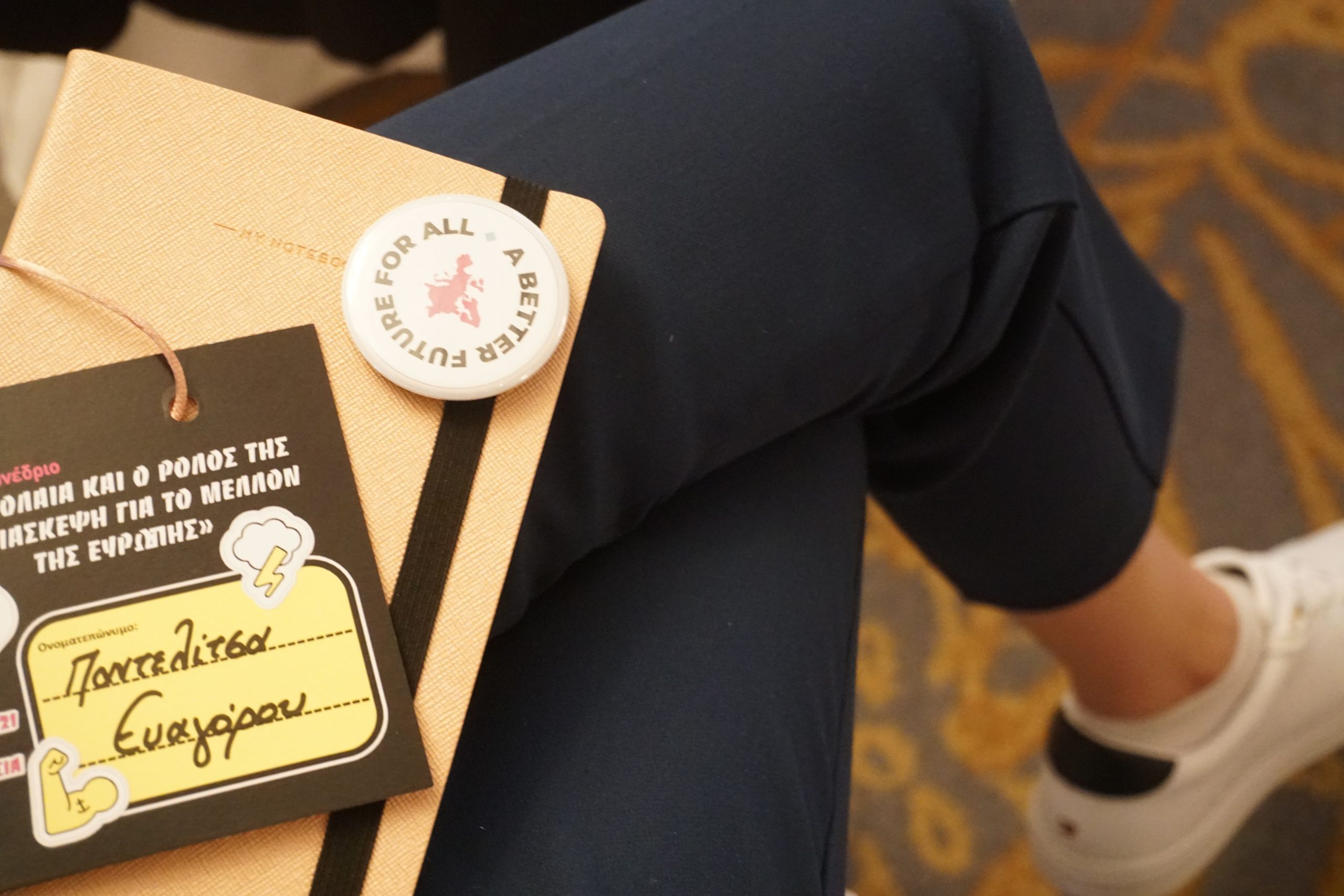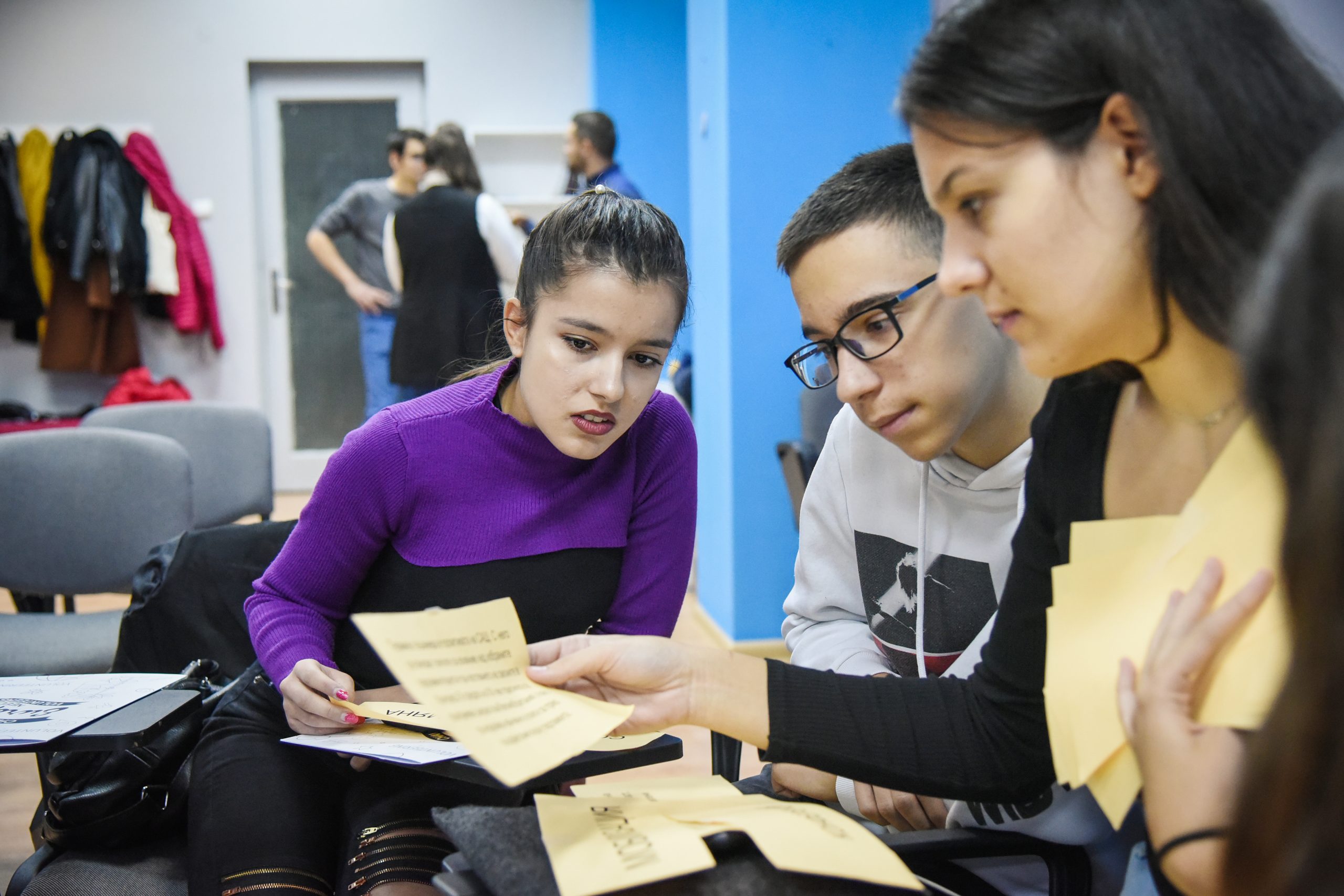Patrik: Advocating for the Rights of MS Patients in Europe
I got to know Patrik Puljić because he was invited to speak at an event of the European Youth Forum. His story immediately impressed me and I decided I needed to know more about his journey. When Patrik was 18 years old, he was diagnosed with multiple sclerosis (MS). MS is a condition affecting the central nervous system and causing lesions which can result in different symptoms, such as pain, fatigue, reduced mobility and cognitive dysfunctions. It is an unpredictable disease, its cause is unknown and there is currently no cure, even though timely diagnosis, treatment and support can greatly improve the quality of life of people living with MS. Confronted with such an early diagnosis, in few years Patrik became president of the local MS society of Zadar and Young People’s representative in the Executive Committee of the European Multiple Sclerosis Platform (EMSP).
Patrik, how did you decide to become an advocate for the rights of people with MS?
It was a gradual process. When I was diagnosed in 2011, I did not know anything about MS and I was scared of what was going to happen to me. It took me time not only to accept this condition, but also to decide to get in contact with other people affected by MS. Joining the local MS society in Zadar was not a straightforward process, but it also helped me to overcome fears over this condition and to connect with other young people with MS. But first and foremost, once I joined the local MS society, I started researching the situation of the health system and treatments available in Zadar and understood that much needed to be improved.
And how did you get involved in advocacy at the European level?
In 2015, I saw that the European Multiple Sclerosis Platform was looking for young advocates to participate in their Annual Conference in Warsaw (Poland), I applied and got accepted. This experience brought me mixed feelings. On one side, connecting with other people advocating for the rights of people with MS was empowering and inspiring. On the other side, by talking with people from different countries I realised the significant differences across Europe in terms of access to treatment and care for people with MS. I was really shocked, but this motivated me to get even more active in Zadar and in Croatia.
Are things in Croatia better now?
Thanks to a campaign of the national MS society of Croatia we managed to improve access to early treatment, which is crucial for improving the health of people with MS. Until five years ago people with MS needed to experience two significant relapses before having access to treatment, but this policy was changed thanks to our advocacy actions.
What are you focusing on in the local MS society in Zadar?
We work mainly on raising awareness about MS within our community: not only people with MS should have access to better information on their rights and on possible treatments, but their families and friends also need to be educated. A way to do so is by celebrating world MS day, when the Zadar MS society organises a walk in the old town: there people can approach us to ask questions and get information. We also collect data to show to policy makers, we try to develop and maintain good relations with news outlets and to be present on social media.
We also sometimes take up tasks which should be the responsibility of public authorities. For example, we have been providing personal assistance for people with serious MS thanks to the funding obtained through an EU project. Nonetheless, there is no certainty around what will happen when the project finishes.
How do you keep yourself and other volunteers motivated?
Having to bear the responsibility of providing basic services is definitely a source of stress for our volunteers at the MS society of Zadar. Another problem is the lack of motivated members. I often ask myself what would happen if the few volunteers that are now active would lose energy and quit, as there is none else to replace them. I still feel motivated, since the small victories give me energy, but what would happen if I would need to prioritise my private life or health?
What is your wish for the future of Europe?
Despite some progress, differences in access to treatment and patients’ rights remain significant across Europe. I believe that the EU should do more to ensure that the rights of people with MS and other medical conditions are respected uniformly across the Union. But I am afraid that instead certain initiatives such as the push for digitalisation in health will widen the gap between countries. Croatia’s health system is too far behind to conform to these standards, and much more basic needs have to be covered before one can talk about digital health.
I hope that Europe can become a place where people with MS can have access to treatment and enjoy a good quality of life, which is our human right. I don’t think it is an unrealistic aim, it can be achieved through tailored support, especially to small countries, and by minimising the differences among EU countries. Listening to people with MS is also crucial to understand our needs and demands.
Talking with Patrik was really eye-opening in terms of understanding how much work is left to do to ensure equality for all European citizens. How can we claim to live in a Union free from discrimination, when people do not have the same access to medical treatment and their fundamental rights are not respected? A health union goes beyond sharing medical data, and should involve creating uniform standards for access to health and for treatment across the EU.



